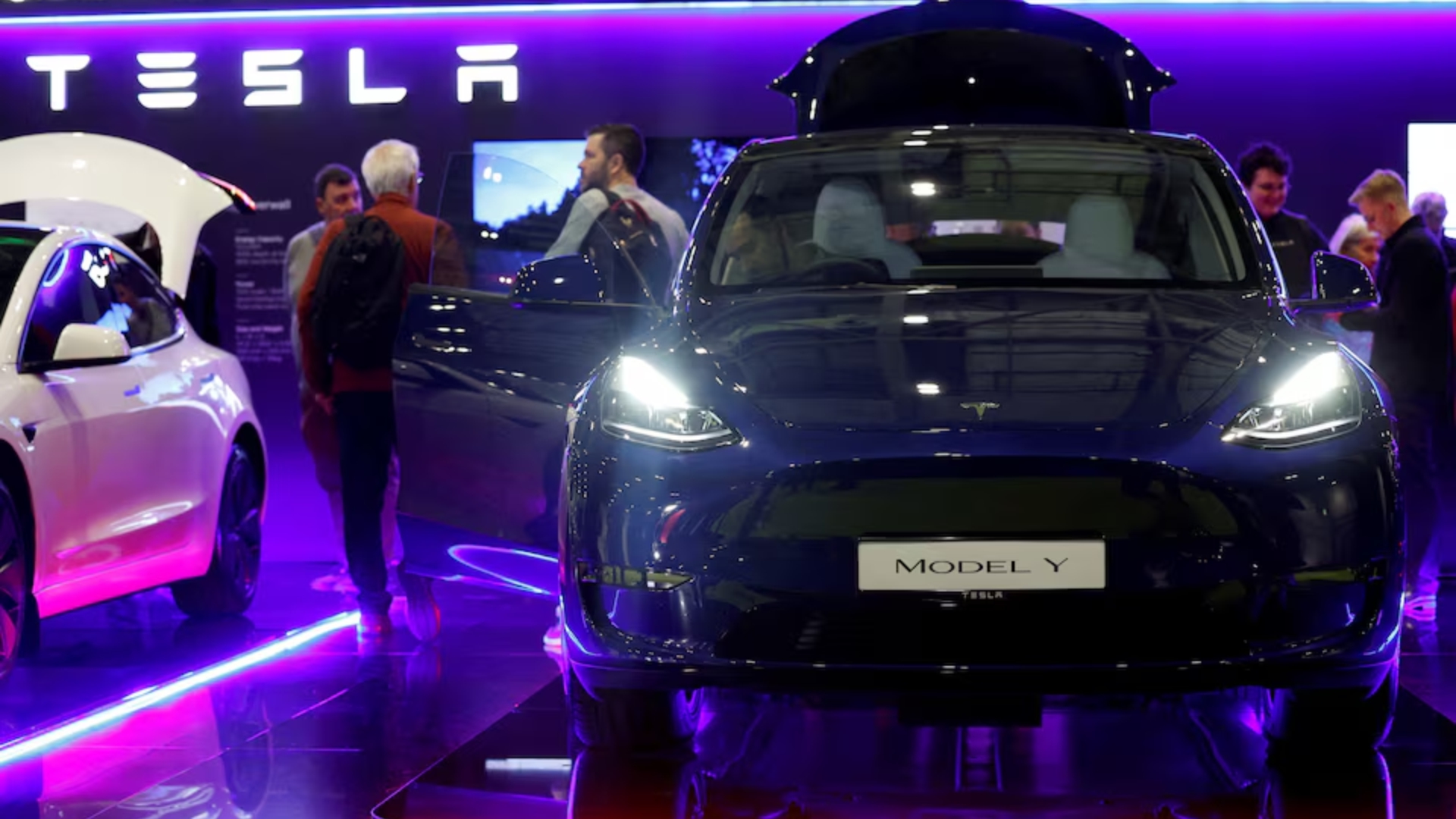SAN FRANCISCO/AUSTIN, Texas, (Reuters) – Elon Musk’s new plan to use current product lines as the basis for new affordable vehicles — rather than springing for all-new models — follows the playbook of Tesla’s old-school Detroit rivals, as some Tesla investors and analysts see it.
The shift toward incremental improvement, mirroring a common strategy of Ford and General Motors, suggests the future of car-making that Musk has promised to disrupt may still look a lot like the past.
Musk’s new strategy followed an exclusive Reuters report that Tesla had shelved plans to release a long-awaited, new model expected to cost $25,000 in late 2025. Investors had expected the affordable car, often called the Model 2, to drive the company’s growth into a mass-market automaker.
Instead, Tesla said this week, it will use a current platform and production lines to produce what it called “more affordable” models by early next year. It did not provide details or pricing.
The announcement sparked a double-digit stock rise and drew widespread praise from investors. Some analysts expect Tesla to offer basic versions of the Model 3 and Y, which currently start at about $39,000 and $43,000.
“It is a traditional automaker strategy,” said Sandeep Rao, a senior researcher at Leverage Shares, an investment management company with assets of about $500 million, including in Tesla and other EV makers.
“You can go and buy a Volkswagen Golf Highline, which is a basic version, or you can go buy a GT, which is a pricier version and also 25% more expensive.”
Tesla did not immediately respond to a request for comment.
“That’s probably going to be one of the most popular cars, if they do get it launched,” said King Lip, chief strategist at BakerAvenue Wealth Management, which has a small position in Tesla.
Tesla said the change would allow the company to launch low-cost vehicles swiftly but would result in smaller cost reduction than had been expected and modest volume growth.
‘STRIPPED-DOWN VERSIONS’ IN A YEAR?
Some analysts expect the new models to look familiar.
“We see it as more likely that Tesla will attempt to launch stripped-down versions of the Model 3 and Y as lower-cost models, however we are unclear on how much cost Tesla can realistically take out,” Bernstein analyst Toni Sacconaghi said in a report.
In January, Tesla said it was approaching “the natural limit of cost down of our existing vehicle lineup.”
Musk’s target of a new car in a year was seen as optimistic at best by many investors and analysts, given that Musk has often failed to meet his own timing predictions: The new Cybertruck arrived four years after Musk unveiled it in 2019, and Tesla is still having trouble ramping up production.
“By traditional, legacy car guy standards that Cybertruck ramp is a crawl,” said James Womack, a former research director at the Massachusetts Institute of Technology. He co-authored a 1990 book on Toyota’s lean production philosophy and methods and said it was long overdue for Tesla to act like a legacy car maker when it came to launching new vehicles on time.
“Musk can tread out on the ragged edge and lean over the cliff as tech visionary,” he said. But he and others raised concerns about “execution risk” — whether Tesla could do what Musk plans, on time. “They just need to avoid too much Musk in execution” of the production plan, Womack said.
While Tesla’s shift “tempers or slows down manufacturing innovation,” the change will enable Tesla to respond faster to the threat from Chinese automakers, said K. Venkatesh Prasad, a former Ford engineer, who is now chief innovation officer at the Center for Automotive Research.
“There is an urgency. If you didn’t have speed, then you lose the game,” Prasad said.
The change in strategy has some investors rethinking Tesla’s industry-leading valuation. Don Nesbitt, senior portfolio manager at ZCM, said that while there is the possibility of autonomous driving, eventually, right now they need to shift to making lower-cost models.
Tesla used to be seen as a tech stock; “Now you’re really talking about an automaker and that’s it,” he said.
Reporting by Hyunjoo Jin, Abhirup Roy and Norihiko Shirouzu; additional reporting by Lewis Krauskopf and Suzanne McGee; Editing by Peter Henderson, Jonathan Oatis and Lisa Shumaker











